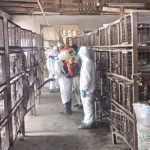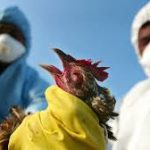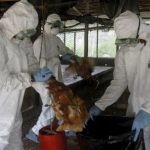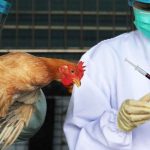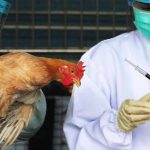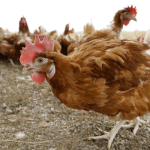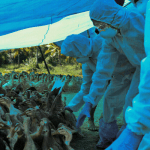The U.S Food and Drug Administration has announced that fragments of the avian flu virus were found in some pasteurised milk samples in the United States.
While the government insists that the milk is safe to consume, it states that it is still awaiting the results of research to confirm this.
The discoveries come less than a month after the H5N1 strain of avian flu was discovered for the first time in dairy cow herds across multiple states. It has since been found in herds throughout eight states.
The FDA has collaborated with the Centers for Disease Control and Prevention and the United States Department of Agriculture to examine the incident.
The FDA reported that the virus pieces were discovered when analysing pasteurised milk samples.
The PCR testing method looks for genetic material; a positive result does not necessarily indicate the presence of a live, infectious virus.
“Based on available information, pasteurization is likely to inactivate the virus, however the process is not expected to remove the presence of viral particles,” the agency said in a release that it plans to make public later Tuesday. “To date, we have seen nothing that would change our assessment that the commercial milk supply is safe.”
The FDA is specifically testing whether pasteurization inactivates bird flu in cow milk. The findings will be available in the “next few days to weeks,” it said.
As a part of its testing, it will use so-called egg inoculation tests — considered the gold standard for determining if a sample is infectious — in which a chicken egg is injected with a small amount of infected milk and monitored to see if active virus begins to replicate.



